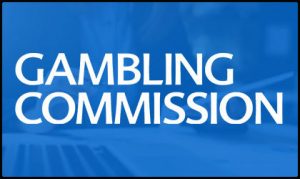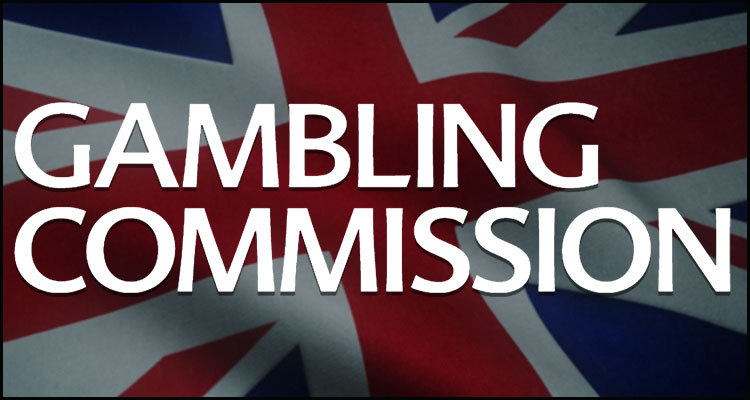In the United Kingdom and the Gambling Commission regulator has announced that iGaming operator White Hat Gaming Limited is to pay a financial penalty of some £1.34 million ($1.84 million) for breaching multiple anti-money laundering and social responsibility protocols.
The watchdog used an official Thursday press release to detail that the Maltese firm was reprimanded after an investigation determined that it had failed to meet its licensing obligations with regards to the way it identified and managed customers possibly at a higher risk of developing an addiction to gambling.
Significant shortcomings:
The Gambling Commission stated that this examination, which began in March of 2019, found the online casino operator delinquent of ‘inadequate anti-money laundering and safer gambling policies and processes’ regarding seven accounts utilized for its domains at DreamVegas.com, 21Casino.com, HelloCasino.com and GrandIvy.com. The regulator moreover proclaimed that it had been particularly concerned by the failure of White Hat Gaming Limited to establish the source of funds for a punter who lost approximately £70,000 ($96,130) in only three months as well as its ‘ineffective interaction’ with a second who blew roughly £85,000 ($116,770) after just an hour.
Future focus:
Richard Watson serves as Executive Director for the  Gambling Commission and he used the press release to declared that White Hat Gaming Limited had fully cooperated with his organization’s investigation and has furthermore pledged to ‘overhaul its approach to social responsibility and the prevention of money laundering’. The regulator pronounced that the Valletta-headquartered firm had also ‘accepted that its policies and procedures in respect of anti-money laundering and safer gambling were not adequate’ with its penalty encompassing about £9,816 ($13,480) to cover the costs of the British regulator’s examination.
Gambling Commission and he used the press release to declared that White Hat Gaming Limited had fully cooperated with his organization’s investigation and has furthermore pledged to ‘overhaul its approach to social responsibility and the prevention of money laundering’. The regulator pronounced that the Valletta-headquartered firm had also ‘accepted that its policies and procedures in respect of anti-money laundering and safer gambling were not adequate’ with its penalty encompassing about £9,816 ($13,480) to cover the costs of the British regulator’s examination.
Read a statement from Watson…
“Through our tough compliance and enforcement activity we will continue our work to raise standards in the industry and continue to hold failing operators to account.”



